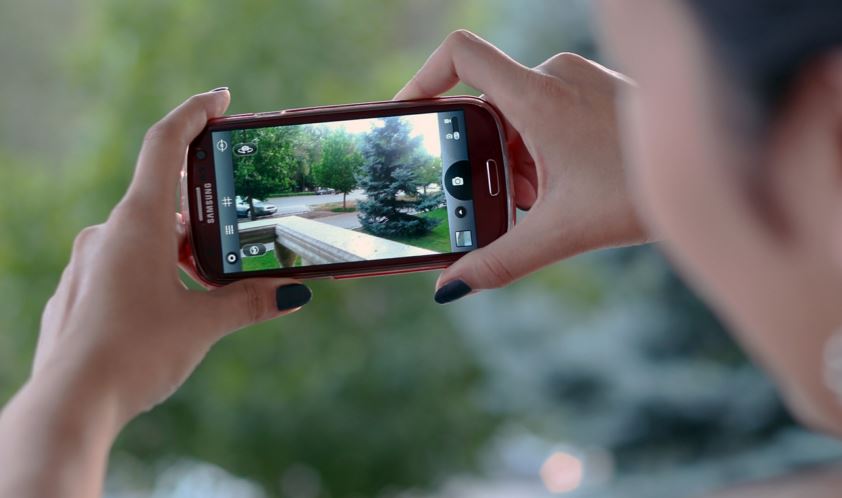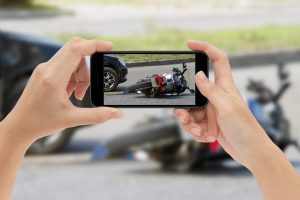 It’s become very common for people to take their phones out and photograph or video things in their daily lives. If you are witnessing a crime, it is understandable that you may begin recording the incident on your cell phone.
It’s become very common for people to take their phones out and photograph or video things in their daily lives. If you are witnessing a crime, it is understandable that you may begin recording the incident on your cell phone.
This video can help you review your situation after the fact, but you may be interested in using it to clear your name of any wrongdoing.
When are Cell Phone Videos Admissible?
Using cell phone video as evidence in court is certainly possible, but this evidence is not always guaranteed to be admissible. If you would like to use cell phone evidence in your case, your attorney will have to convince the judge the video footage is both relevant to your case — and reliable.
For evidence to be allowed into court, it must be considered relevant to the case at hand. Something relevant tends to make an essential fact in your trial either more or less probable. Irrelevant pieces of evidence waste time and may distract the jury from a vital part of the case.
What Makes a Cell Phone Video Authentic?
For your video to be declared admissible, it must be deemed authentic. Demonstrative evidence such as a video cannot come from anywhere. Rather, it must be brought forth by someone who can testify in court to the legitimacy of the video.
Video captured by traffic cameras will carry more legitimacy than a cell phone video captured by someone trying to win a legal proceeding. If the video’s source cannot be found, its authenticity is not good. Therefore, it may be excluded under Michigan’s hearsay rules.
 When Can Videos be Inadmissible in Court?
When Can Videos be Inadmissible in Court?
A significant problem with videos captured on a cell phone comes down to an issue of credibility. When you put forth something as evidence, you’re trying to convince the court something specific happened and the video should be able to tell its story without guessing. Problems with your cell phone video could include:
- Lighting: If lighting is poor, it could be hard to tell certain features of the video, such as the identity of a person or the distance between two things.
- Time of Recording Questions: Timing is everything; maybe your video portrays something that should have occurred at a certain time, but is impossible to prove it.
- Location – Is there too much guessing that must go into determining where your video was filmed? If your video requires taking your word for its details, it doesn’t offer much more than your spoken testimony.
Things to Consider Before Using Cell Phone Video as Evidence
Before you take steps to use cell phone video as evidence to support your case, there may be several items to consider. Using cell phone video as evidence may do more harm than good in some cases. Here are a few other essential details you should know before using cell phone video as evidence in your case.
Can an Attorney Subpoena Cell Phone Records to Clear Your Name?
Many people assume social media videos online can be used as evidence in a trial to support their case. But for such footage to be admissible, your attorney must recover the original video evidence.
Often, video data can be acquired by simply asking for it from the originator. But your attorney may be able to file a subpoena, or police can execute a search warrant to access the video footage in question.
Do Privacy Laws Interfere with Obtaining Cell Phone Videos?
The ability to use cell phone video footage as evidence to support your case can vary widely depending on whether the law requires two-party consent. Under Michigan law, recording a telephone call or conversation without both party’s consent is illegal. This means that the audio portion of your video footage may be protected as private communication, but the video footage may not be.


